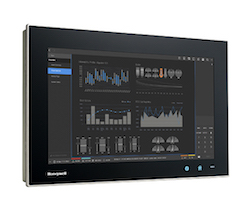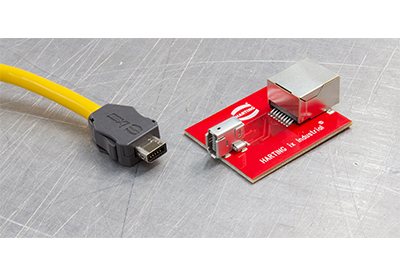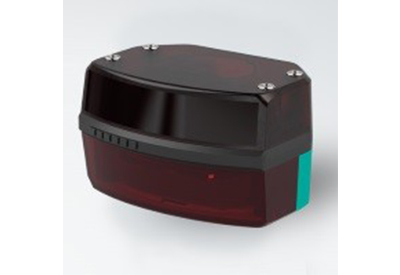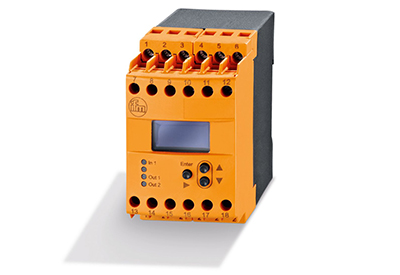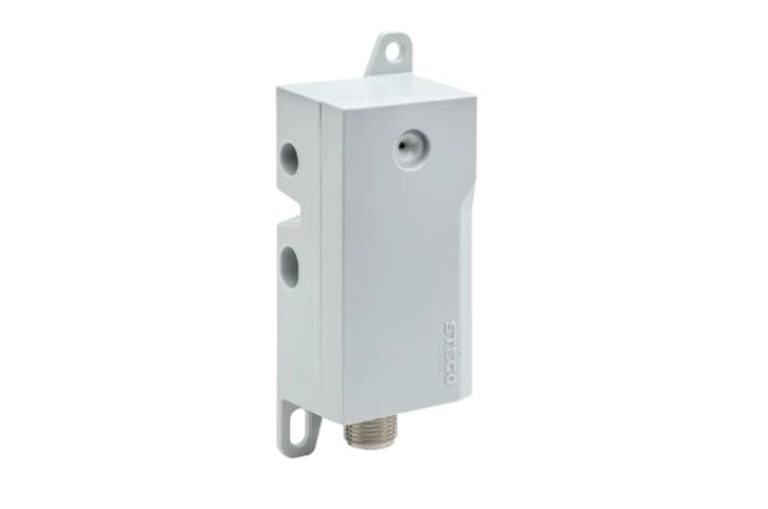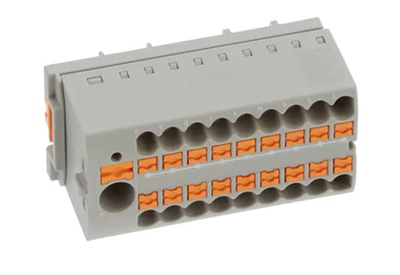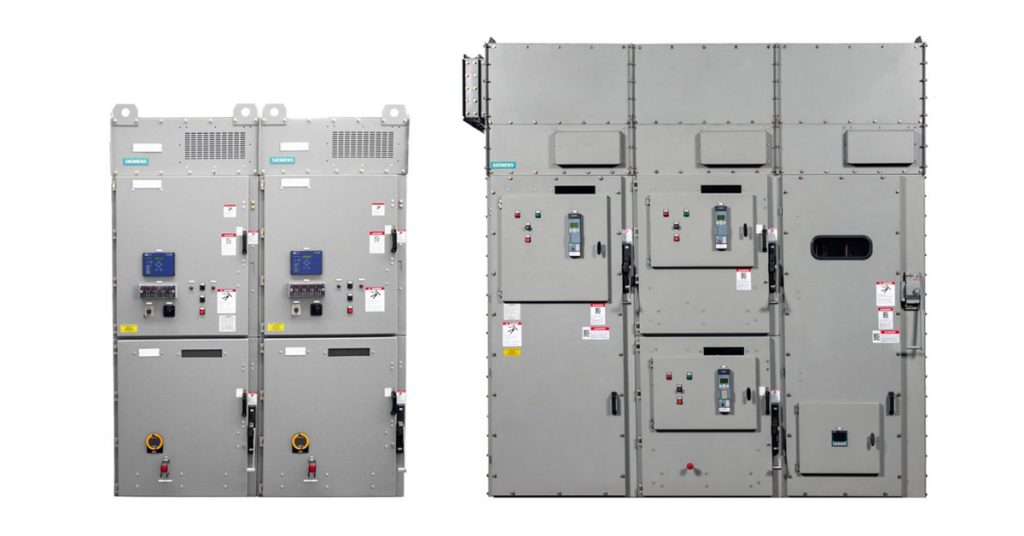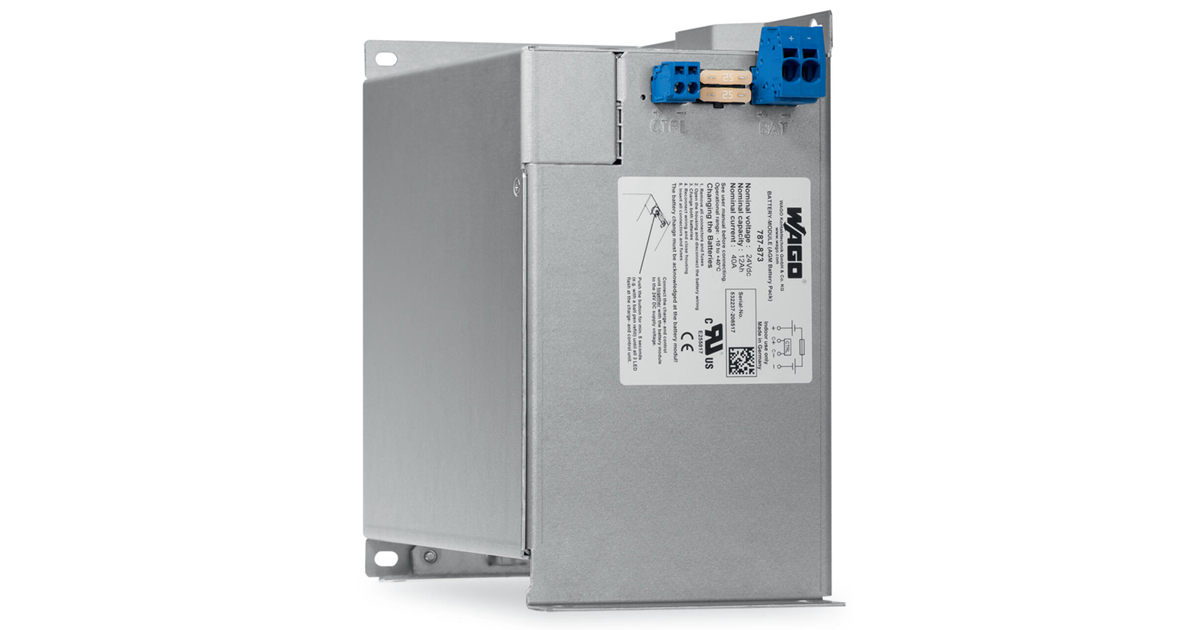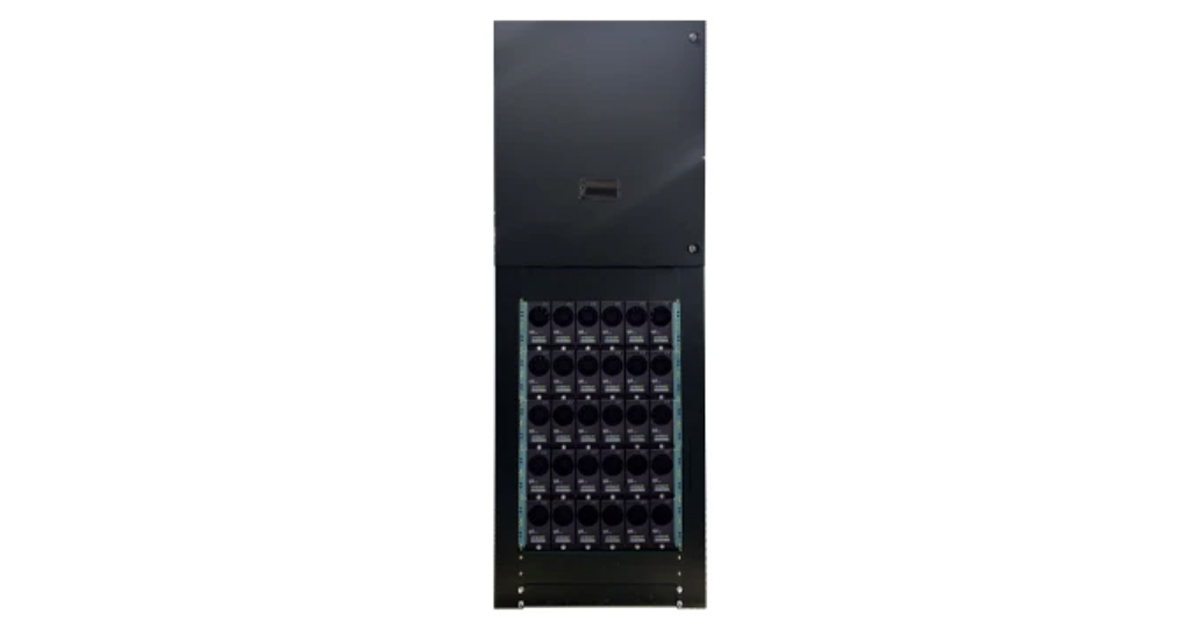RS Is Stocking Honeywell’s Four New EV Sensor Series
August 15, 2023
RS is now stocking all four of the new electric vehicle (EV) sensor series recently launched by Honeywell.
While U.S. EV adoption continues to lag in comparison to China and Europe, with EVs still accounting for less than 1% of the 279 million cars and light trucks registered in the U.S., EVs made up 5.6% of all new U.S. car registrations in 2022, which is up from 3.1% in 2021 and just 1.8% in 2020. One reason for this recent market growth is that EV manufacturers have released both more and more affordable vehicles.
At the end of 2022, U.S. buyers could select from 47 different EV models, which is a 42% increase from the 33 available at the end of 2021. The options also now span economy to luxury models from both newcomers, like Tesla, and more well-established brands, like Ford, General Motors, Mercedes-Benz, and Volkswagen.
Sensors are essential to EVs. In fact, EVs often incorporate more than 100 sensors to monitor system conditions including temperature, pressure, and current, ensure safe and efficient operation, and satisfy rigorous automotive industry standards. The four new automotive-grade EV sensor series recently released by Honeywell include BPS Series battery safety sensors, BAS Series battery safety sensors, CSNV700 Series current sensors, and CSHV Series current sensors.
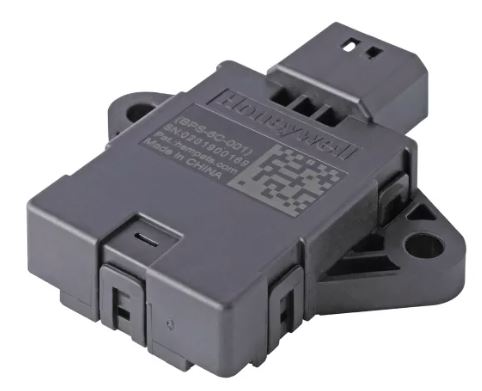
Honeywell’s BPS Series battery safety sensors are automotive-grade industrial pressure sensors designed to detect and report thermal runaway events in the lithium-ion (Li-ion) battery packs employed in EVs and energy storage systems (ESSs). They use a combination of microelectromechanical system (MEMS) and application-specific integrated circuit (ASIC) technologies to detect battery pressure changes spanning 50kPa to 300kPa absolute pressure and have settable warning threshold for both absolute pressure and pressure rate of change, which enables the early detection of potentially dangerous and costly thermal runaway events, as well as broader equipment compatibility.
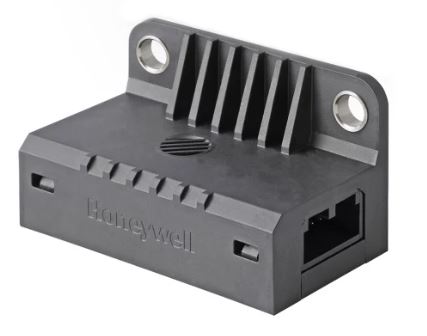
Honeywell’s BAS Series battery safety sensors are automotive-grade aerosol sensors that use the principle of light scattering to detect and report thermal runaway events in enclosed Li-ion battery packs employed in EVs and ESSs. They detect, measure, and report on the presence and concentration of aerosols, such as smoke, liquid, and debris, that are early indicators of a thermal runaway event and have a factory-programmed thermal runaway warning threshold of 5,000µg/m3 to enable the early detection of potentially dangerous and costly thermal runaway events but can detect concentrations extending from 200µg/m3 to 10,000µg/m3.
BPS and BAS Series battery safety sensors both exhibit high accuracy, high reliability, low temperature drift, and power efficiency, comply with international regulations and recommendations, including RoHS, and help manufacturers achieve lower total system costs and enhanced reliability. Both series also use the controller area network (CAN) communications protocol to transmit information to a battery management system (BMS), and both can be tailored to customers’ exact specifications for improved time to market.
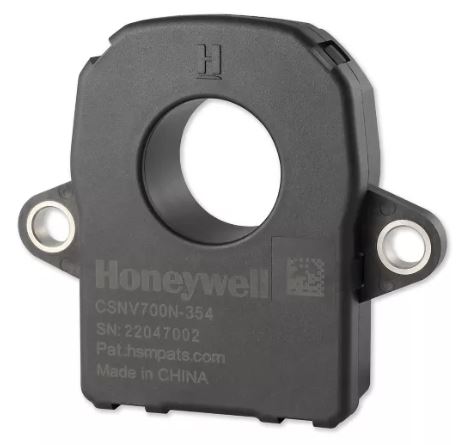
Honeywell’s CSNV700 Series sensors are advanced flux gate current sensors that are calibrated and equipped with patented temperature compensation technology to deliver improved accuracy in operating temperatures extending from -40°C to +85°C. They are rated for a primary current measurement range of ±700Adc and equipped with an internal diagnostic function and customizable onboard firmware that allows them to satisfy specific application demands, which can result in improved time to market, lower total system costs, and enhanced reliability.
CSNV700 Series current sensors are also available in three configurations — mounting type, baud rate, and CAN ID — and feature a digital CAN bus output with a configurable ID that can be transmitted using international road vehicle standard ISO 11898.
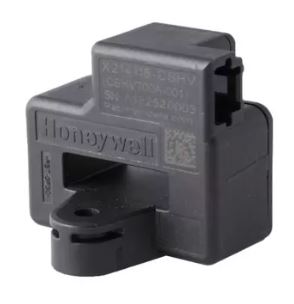
Honeywell’s CSHV Series sensors are active open-loop current sensors that use Hall-effect sensing technology and patented stable amplification circuitry to deliver improved accuracy in operating temperatures extending from -40°C to +125°C. They are rated for a primary current measurement range spanning ±100Adc to ±1,500Adc and designed to enable precise battery state measurements, which enables an improved user experience, and accurate current measurements that are directly proportional to the motor torque, which enables smooth and precise motor control and can also be used to determine the speed at which the motor is turning.
CSHV Series current sensors also feature an analog voltage output that eases integration with BMSs and exhibit fast response times, which enable fault detection and asset protection before catastrophic failures, and flexibility, which allows them to satisfy specific application requirements.
CSNV700 and CSHV Series current sensors are both non-intrusive and electrically isolated from the monitored circuit, which ensures a simple and reliable structure without loss of power to the monitored circuit. They exhibit high accuracy and reliability, low temperature drift, and magnetic immunity, which enables easy integration and excellent performance in diverse magnetic environments, and are engineered to measure current in EV BMSs and ESSs, detect current leakage and isolate faults in charging systems, and detect faults in heavy industrial equipment.
Both series are also qualified to AEC-Q100, CE and UKCA certified, and REACH and RoHS compliant, while the CSNV700 Series is also UL certified.


